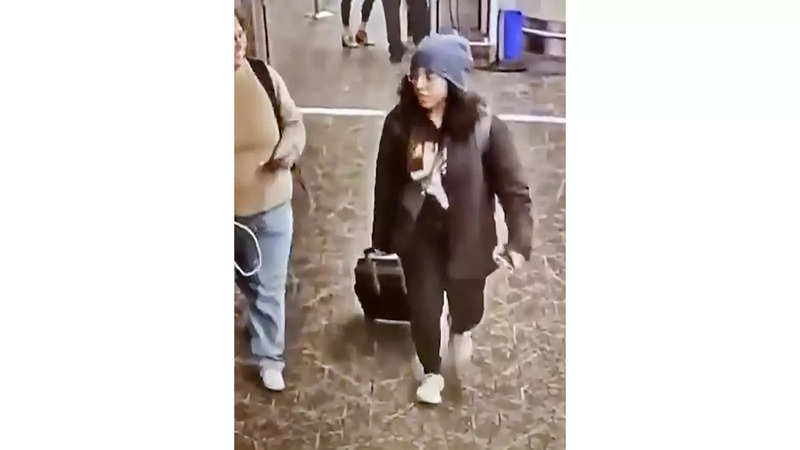How Ranjani Srinivasan dodged US immigration and fled to Canada

- Luis Ferre-SadurniHamed Aleaziz
- New York Times Mar 16, 2025, 14:29 IST IST
Columbia University's Ranjani Srinivasan’s student visa was revoked by US immigration authorities. That was just the start of her odyssey
The first knock at the door came eight days ago, on a Friday morning.
